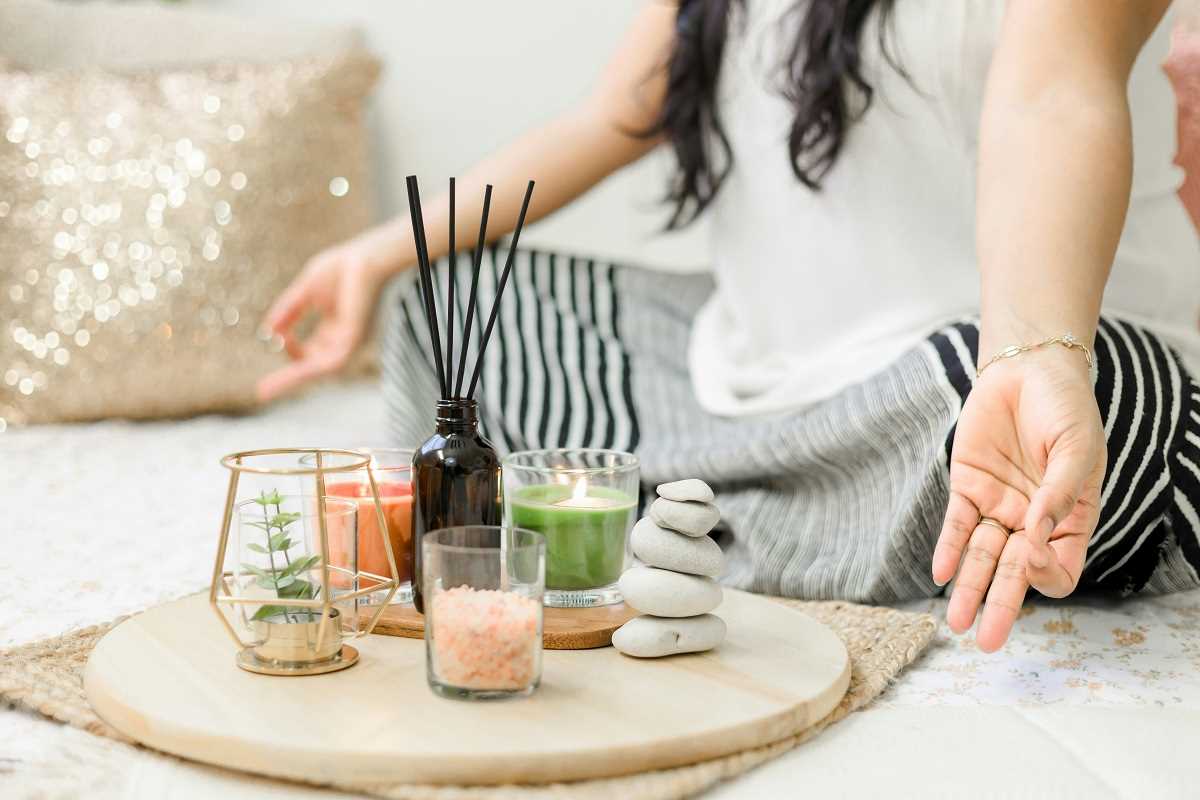In the chaotic landscape of the internet, where viral fame is often reserved for dancing cats or disastrously failed challenges, a story occasionally emerges that is so pure and unexpectedly profound it stops us in our tracks. This is the story of a lemonade stand. But it wasn't just any lemonade stand with a wobbly card table and powdered mix. This was the "Lemonade & Listening" stand, a simple, brilliant concept started by a six-year-old with a keen sense for business and an old soul. The idea was simple: for one dollar, you got a cup of lemonade. For a second dollar, the young proprietor would listen to your problems for five minutes, no interruptions, no advice unless asked.
The stand, set up on a quiet suburban corner, went from a local curiosity to a global phenomenon overnight after a passerby tweeted a photo of the charming, hand-painted sign. The tweet exploded. Suddenly, everyone was captivated by this tiny therapist offering a sympathetic ear and a sugary drink. The story tapped into a universal truth we often forget: in our hyper-connected, high-stress world, what we crave most is a moment of genuine, uncomplicated human connection. The lemonade was just a bonus; the real product was a safe space to vent. This simple act of childhood genius not only warmed hearts but also sparked a wider conversation about stress, connection, and the surprisingly simple hacks we can use to find relief.
The Simple Power of Being Heard
The genius of the "Lemonade & Listening" stand wasn't the business model; it was its deep understanding of a fundamental human need. The six-year-old entrepreneur, whether he knew it or not, was monetizing the art of active listening. In our daily lives, we are constantly bombarded with noise, opinions, and unsolicited advice. We talk at each other, over each other, and past each other. True, uninterrupted listening has become a rare and precious commodity. When someone complains about their terrible day, our immediate instinct is often to jump in with a solution or a story about our own, even more terrible day.
The stand offered a radical alternative: a transaction where the sole service was to listen. Customers, ranging from stressed-out parents to overworked professionals, lined up, not just for the novelty, but for the promise of five uninterrupted minutes to offload their burdens. They spoke about deadlines, difficult bosses, and the general anxieties of modern life. The young boy would simply nod, maintain eye contact, and listen. This simple act validated their feelings without judgment, providing a powerful release. It served as a potent reminder that often, the first step to relieving stress isn't finding a solution, but simply having our struggles acknowledged.
From Lemonade to Life Hacks
As the story of the stand spread, it inspired a movement far beyond that one street corner. People began to replicate the idea in their own communities, not for profit, but for connection. Adults set up "Coffee & Conversation" benches in parks, and offices designated "Venting Booths" where coworkers could take turns just listening to each other. The core principle began to crystallize into a tangible stress-relief strategy: micro-dosing connection. The viral phenomenon showed that we don't need a full hour-long therapy session to feel better; sometimes, five focused minutes can work wonders.
This concept started to translate into a series of easily adoptable "hacks" inspired by the stand's philosophy. The focus was on simplicity, accessibility, and the power of small, intentional acts. People began to realize that stress relief didn't have to be another complicated item on their to-do list, like a yoga class they could never get to or a meditation retreat they couldn't afford. Instead, it could be woven into the fabric of their day. The lemonade stand taught us that the most effective tools for managing stress are often the ones that are simplest and most human.
The Science of Simplicity
There’s a reason these simple, lemonade-stand-inspired hacks are so effective. Neurologically, the act of "venting", articulating our anxieties and frustrations out loud, can reduce the emotional charge in our brain's amygdala, the center for emotional responses. Saying it out loud literally calms you down. When this is combined with the presence of a non-judgmental listener, it triggers the release of oxytocin, the "bonding hormone," which further reduces stress and promotes feelings of trust and security. The child's lemonade stand had inadvertently created the perfect, low-cost neurochemical cocktail for stress relief.
Furthermore, the stand’s success highlights the psychological burden of "decision fatigue." Our modern lives are a relentless barrage of choices, from what to eat to how to respond to a work email. The beauty of the stand, and the hacks it inspired, lies in their simplicity. There are no complex rules or techniques to master. You just speak, or you just listen. This radical simplicity provides a much-needed break for our overtaxed brains, proving that the antidote to modern complexity isn't more complexity; it's a return to the basics.
Stress-Relief Hacks Inspired by the Stand
Ready to channel the spirit of the "Lemonade & Listening" stand into your own life? You don’t need to set up shop on your front lawn. The key is to embrace the principles of simplicity, connection, and mindful moments. These hacks are designed to be quick, easy, and effective, offering a small dose of relief when you need it most.
Here are some practical stress-relief hacks inspired by the viral lemonade stand:
- The Five-Minute Vent Pact: Find a "vent buddy" at work or in your personal life. Make a pact that either of you can request a five-minute, one-way vent session. The listener's only job is to listen, not to solve.
- "Dear Nobody" Journaling: If a vent buddy isn't available, grab a notebook. Write down everything that's stressing you out as if you're talking to a non-judgmental friend. Don't worry about grammar or structure; just get it out of your head and onto the paper.
- Create a "Lemonade Stand" for Your Thoughts: Dedicate a specific, comfortable chair in your home as your "thinking spot." When you feel overwhelmed, go to that spot for a few minutes. The ritual of going to a designated space can signal to your brain that it's time to process, not panic.
- The "One-Question" Check-in: Instead of asking friends the generic "How are you?", try a more specific, listening-oriented question like, "What's been on your mind lately?" This invites a more meaningful response and shows you're prepared to actually hear the answer.
- Practice Active Listening with a Stranger: The next time you're getting coffee, instead of scrolling on your phone, ask the barista how their day is going and truly listen to the answer. A small moment of genuine connection can be a powerful mood-lifter for both of you.
Cultivating Your Own Corner of Calm
The enduring lesson of the viral lemonade stand is that we all have the power to create small pockets of peace in a frantic world. We can be the listener for someone else, or we can proactively seek out moments of quiet connection for ourselves. The story serves as a powerful parable for our times: in our quest for productivity, optimization, and constant progress, we've neglected the simple, foundational human needs that truly sustain us.
You can cultivate your own "corner of calm" by consciously integrating these principles into your routine. It might mean putting your phone away during your lunch break, scheduling short, mindful check-ins with yourself, or simply making a point to truly listen the next time a friend needs to talk. The lemonade stand went viral not because it was a cute story about a kid, but because it was a mirror reflecting our own collective exhaustion. It reminded us that sometimes, the most profound solution to our very grown-up problems is as simple as a cup of lemonade and a listening ear.







